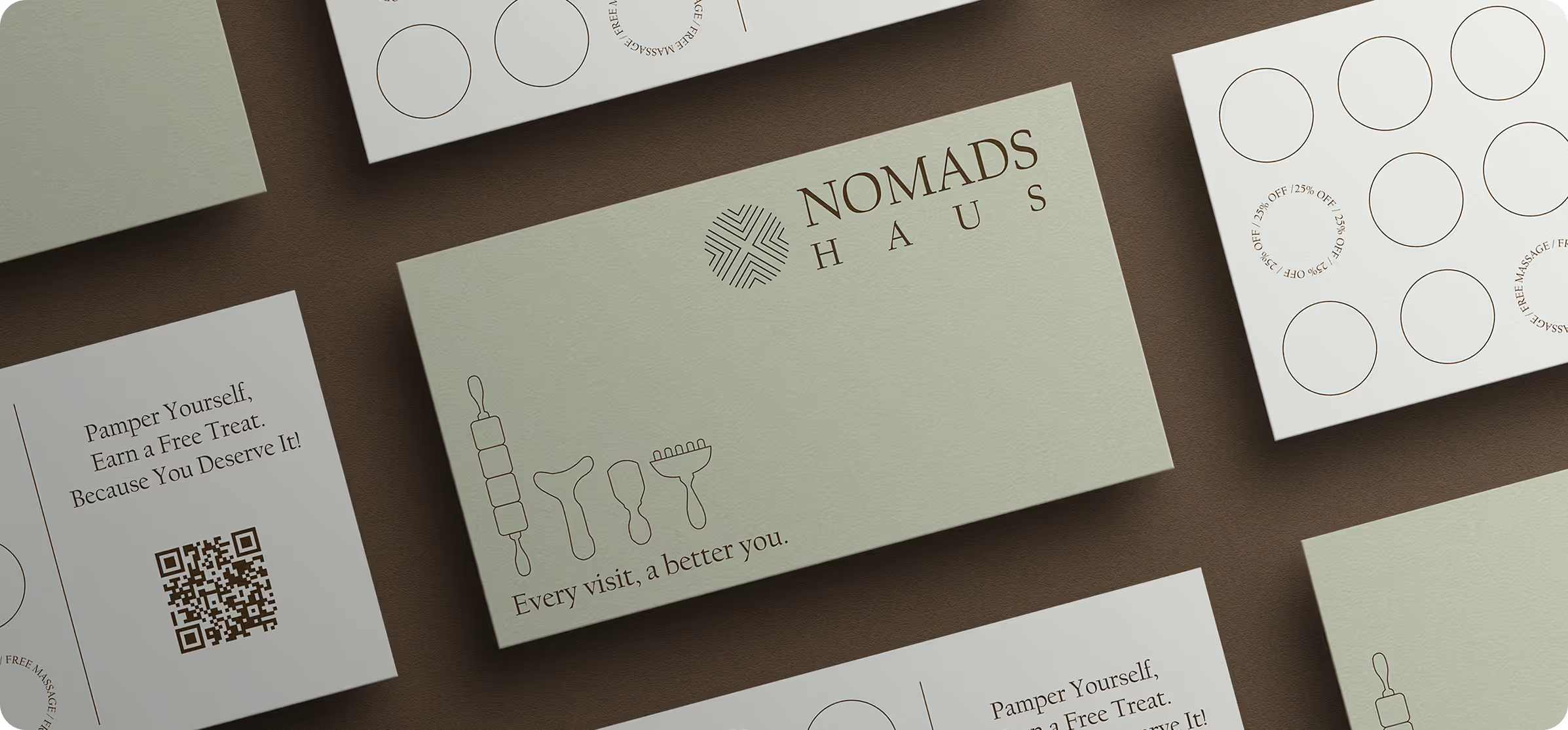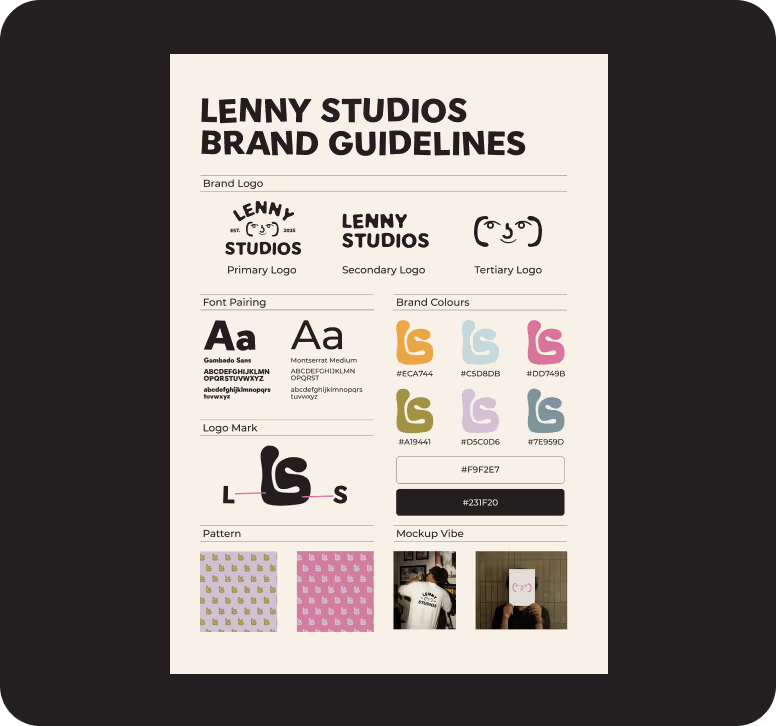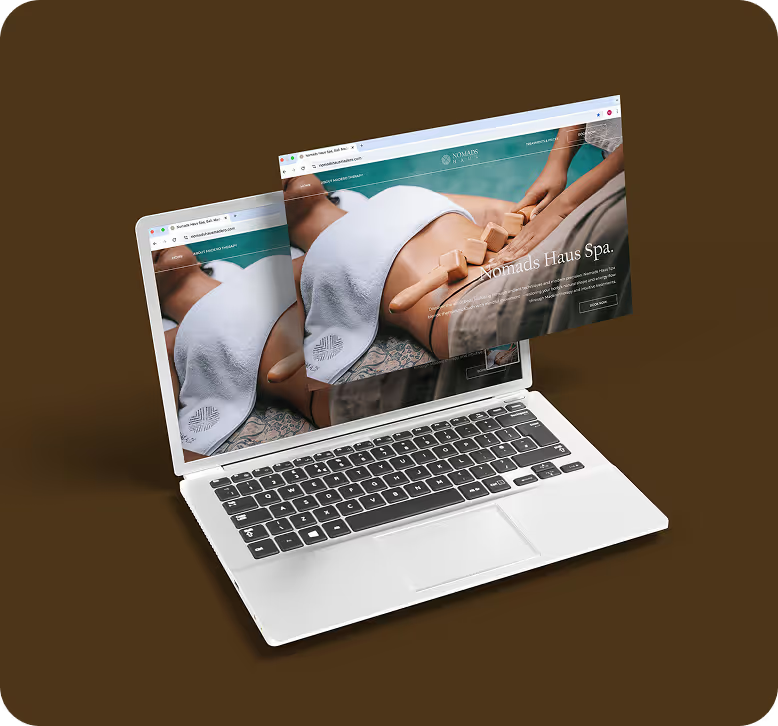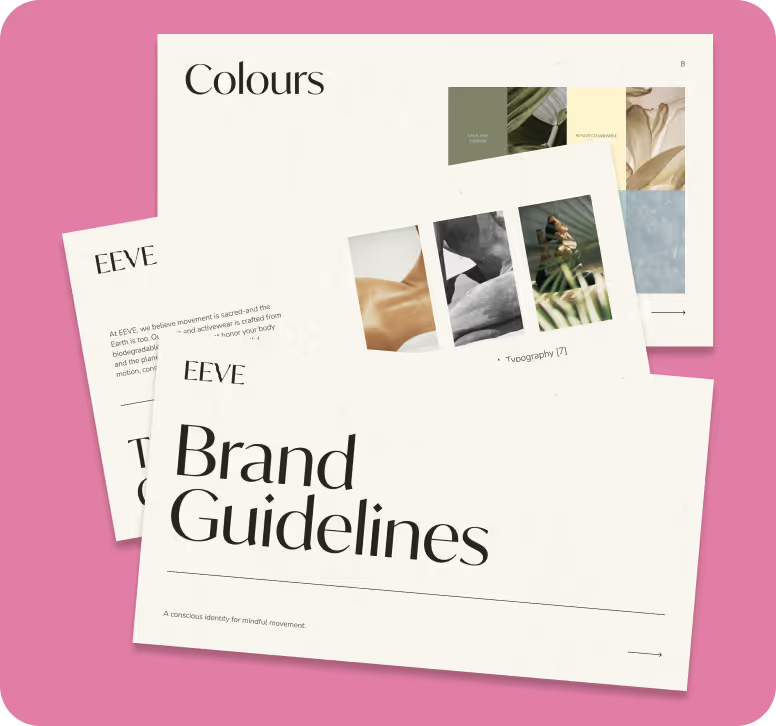
Andy Olivier, editor
PERSONAL BRANDING VS BUSINESS BRANDING

June 24
More Than Just a Logo Choice
Whether you're launching a product, a creative service, or a coaching offer, one of the first decisions you'll face is how to brand it. Should your name be front and center? Or should you build a standalone brand that doesn’t depend on you?
That’s where the conversation about personal branding vs business branding begins.
They’re not the same, and choosing the right path depends on your goals, your audience, and how you want to scale.
Let’s break it down.

In this guide, you’ll learn:
1 - What Is Personal Branding?
Personal branding is when your brand is you. It centers around your name, your personality, your voice, your image, and your story.
Think:
- Marie Forleo
- Gary Vee
- Alex Hormozi
- Chiara Ferragni
- Your favorite TikTok content creator
You are the product - or at the very least, the messenger.
Pros:
- Builds trust faster (people buy from people)
- Easier to connect emotionally with audiences
- More flexibility - pivoting your offer or business model doesn’t require a full rebrand
- Highly effective for creators, coaches, consultants, speakers, and founders building a movement
Cons:
- Hard to separate the brand from you
- Can limit scalability or exit potential
- Burnout risk - you’re the face, always
- Clients may expect you, not your team or process
2 - What Is Business Branding?
Business branding is when your brand has its own name, story, tone, and visual identity - separate from your personal identity.
Think:
- Glossier
- Lenny Studios
- Haus of Padel
- Gymshark
- Notion
You might still be the founder or public face, but the business has its own positioning.
Pros:
- Easier to scale, hire, delegate
- More professional perception in some industries
- Easier to sell or exit the business
- The brand can live on without you
Cons:
- Primary loTakes longer to build audience trustgo
- Requires more investment in design, strategy, and content
- Messaging can feel less personal if not done right
3 - How to Choose Between Personal and Business Branding
1. What are your long-term goals?
- Want to become a thought leader, speaker, or niche expert? → Go personal
- Want to grow a team, create a scalable product/service, or sell later? → Go business
2. Who are you trying to reach?
- If your audience buys into you, your story, your lifestyle → Personal brand
- If your audience wants credibility, consistency, or category positioning → Business brand
3. Do you want flexibility or structure?
- Personal branding lets you pivot your offers without changing your brand
- Business branding gives you a defined container - great for growth but less flexible
4. Can you do both?
Yes, and many smart founders do.
You can:
- Build a personal brand to grow trust and visibility
- Launch a business brand as the product or service container
Example:
Alex Hormozi is a personal brand. Acquisition.com is his business brand.
You trust him, and then buy from them.
4 - When to Rebrand from Personal to Business
A few signs you may be outgrowing your personal brand:
- You’re hiring a team and clients still expect you on every project
- You want to expand into new markets that don’t align with your name/image
- You’re building something you plan to exit or license long-term
- You feel trapped creatively by your own online persona
That’s when it may be time to separate your identity from your operations and let the business become its own brand.
5 - Final Thoughts
Your brand should support the business you want - not the one you think you’re supposed to build.
At Lenny Studios, we help founders and teams build both types of brands - from bold personal platforms to scalable business identities. Whether you’re just getting started or ready to evolve, we’ll help you create a brand that makes sense for you.
Ready to build a brand with soul and strategy?
Let’s create something unforgettable.
Contact Lenny Studios







